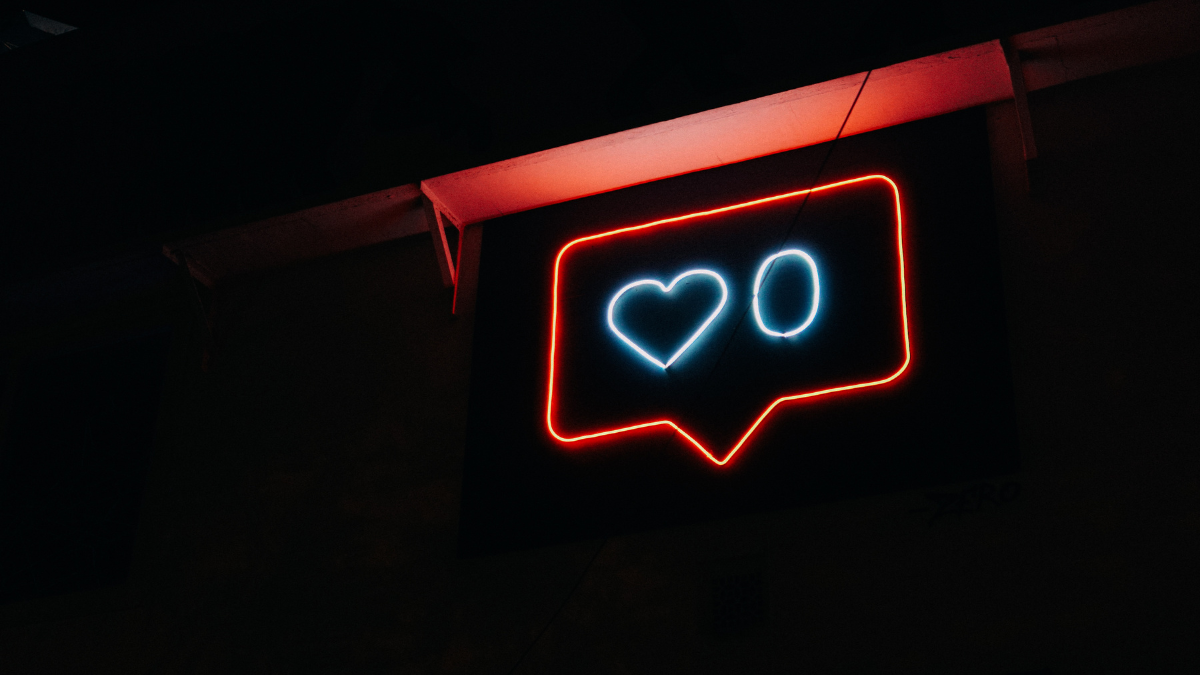Trust is difficult to earn and notoriously easy to lose
Yet not enough is written about the critical importance of brand trust and the dire consequences of seeing it wane. I am reminded of Mark Zuckerberg testifying to Congress in 2019; as his company became shorthand for breaches of consumer and societal trust, and the numerous issues at Twitter this past year, which have pushed once loyal users and advertisers to look for alternatives.
We’re all so familiar with branded apologies these days.
The cycle is as predictable as the act of logging on itself: a statement from a senior executive, a social media post, a court trial. In the hyper-connected world we live in, scepticism and misinformation are common and the unfortunate truth is consumers trust brands even less than ever. But at what long-term cost for brands? If marketers know that consumers seek authenticity, why do we not prioritise truth-telling well before crisis hits and trust is at-risk?
The ease and speed of sharing content on social media, combined with the lack of fact checking mechanisms, have led to the proliferation of false information. This has contributed to a situation where fabricated content can easily gain traction, influence opinions, and challenge notions of truth.
In this context, brands need to navigate a complex scenario where truth is elusive but trust is still paramount.
Accountability and transparency are increasingly important, and as marketers we need to recognise that we don’t always have to paint a picture perfect image of our brand. We can represent our products and services with transparency to avoid exaggeration and misinterpretation, and act as rare sources of truth. When we make mistakes, we should do what any entity working to win trust should do: tell the truth.
Anything that looks too good to be true usually is, and consumers can see past facades. It’s ‘Instagram vs. Reality’ but with far wider-reaching consequences for businesses. Corporate apologies are heavily scrutinised by the public and by lawmakers, so if the apology doesn’t feel genuine, it can do more damage to a brand than owning up — an act that can in turn win trust.
Remember, the internet may vaguely forgive but it never forgets. The least brands can do, then, is leave a trail of truth.
Featured image: Prateek Katyal / Unsplash


























